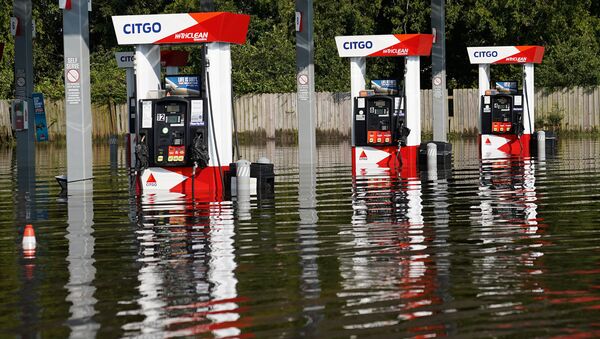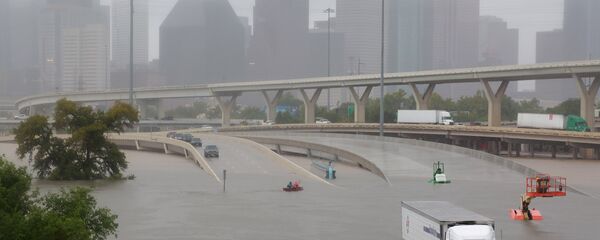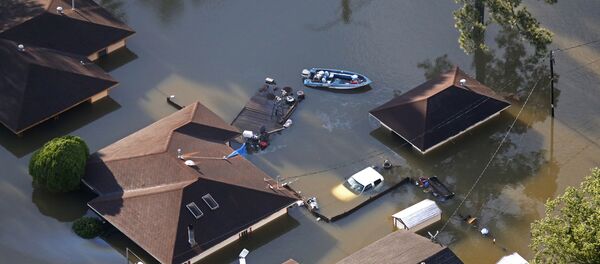The area ravaged by Harvey accounts for 20 percent of the US' total oil production. Currently, around 10 percent of the operation is shut down, which amounts to 1 million fewer barrels a day. The aftereffects of the decrease are estimated to reach as far as Norway, which is itself a major oil producer.
"The US is one of the world's largest oil producers, and it will have a huge impact if the storm has caused major long-term infrastructural damage," Nordea oil analyst Thina Saltvedt told Norwegian national broadcaster NRK. "The torrential rains and the floods have caused many to flee. This hampers economic activity and reduces demand in the area," she added.
"There's already been a sharp increase in gasoline prices in the area. The past weekend alone, there was a price increase of six percent," Saltvedt pointed out. "Now that the hurricane is over, it may take time to turn up the production. Previously, the US had to import gasoline from Europe in times of crisis. If applied again, this scheme may lead to higher gasoline prices here also," Saltvedt said, pointing out European refineries as expected to benefit financially from the situation.
Flooding caused by #Harvey has toppled two oil storage tanks, releasing 30,000 gallons of crude oil: https://t.co/3LrjMI4MzT#ActOnClimate pic.twitter.com/8rk3MuMzyM
— Mike Hudema (@MikeHudema) September 1, 2017
Previous experience from hurricane Katrina in 2005 indicates that the oil industry was severely affected by the natural calamity and took several years to recover.
Meanwhile, gasoline prices have already gone up in Norway's neighbor Sweden and are projected to continue rising.
"The pressure on petroleum products in the US has increased after Harvey," Petroleum Institute Vice President Ulf Svahn told the Swedish tabloid newspaper Expressen.
An armada of European oil tankers is reported as ready to change course and pull off to the US. According to ship brokers in London, at least 40 ships have been booked to ports in the Mexican Gulf to deliver various petroleum products from Europe. The more tankers end up redirected to the US, the higher the effect for European consumers will be.




